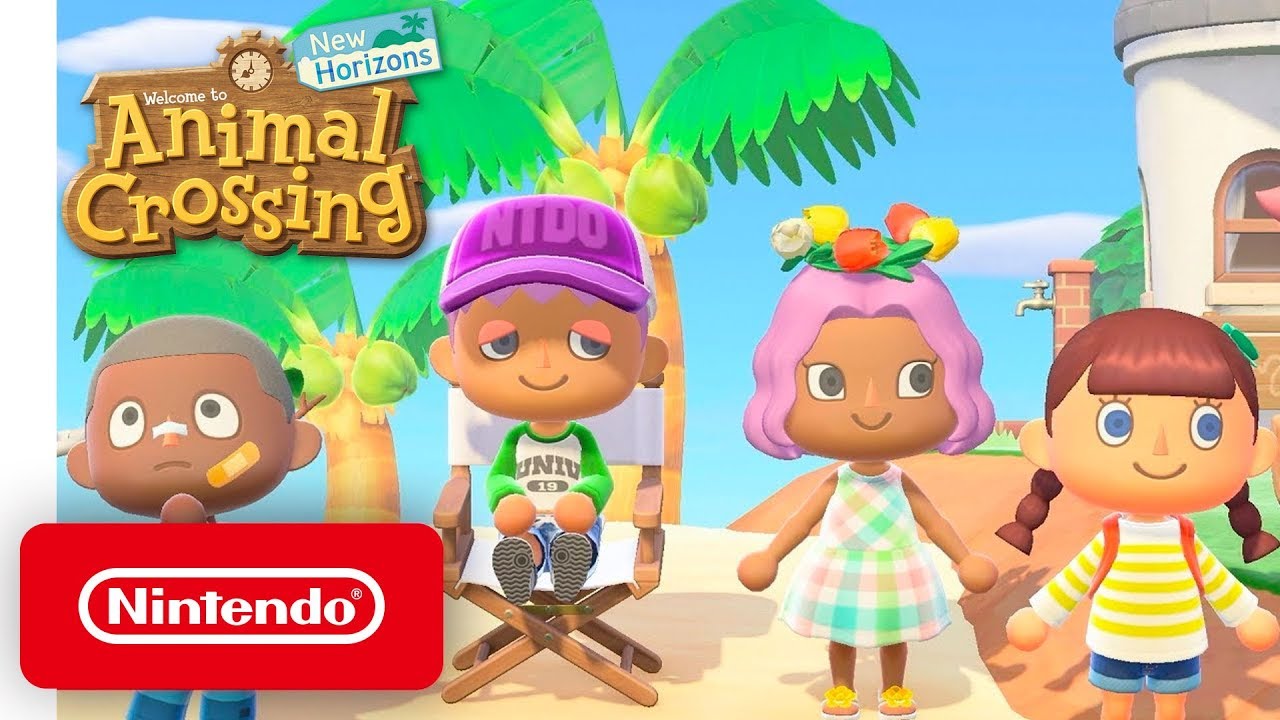Nintendo, a leader in the video game industry with decades of innovative hardware and software for platforms like the Nintendo Switch, has recently faced increased scrutiny following its attempt to secure a patent for a game mechanic.
The request, which was brought before the Japanese Patent Office, focused on a gameplay feature that Nintendo claimed as a unique invention worthy of protection. In a significant decision, the Japanese Patent Office determined that the mechanic in question lacked the originality and inventiveness necessary for patent protection.
According to the Office, the function was neither exclusively devised by Nintendo nor novel enough to justify exclusive rights.
This outcome reiterates a prevailing stance within the gaming community—and the wider field of interactive entertainment—that patenting general game mechanics is controversial and can hinder creative development across the industry. Expressing frustration with the effort to patent gameplay ideas, critics liken the practice to claiming rights over widely used cooking recipes.
The sentiment reflects industry norms, where creativity flourishes through iteration and shared design concepts.
Attempts to restrict such elements with legal protections often face community pushback and legal obstacles, as demonstrated in this high-profile case. The controversy arrives during a period of robust commercial success for the Pokémon franchise, developed by Game Freak and published by Nintendo and The Pokémon Company.
Despite the franchise's enduring popularity on Nintendo Switch and through digital storefronts like the eShop, recent Pokémon games have faced criticism regarding polish and innovation.
Some in the gaming community argue that sustained success should be underpinned by high-quality releases rather than litigious approaches to competition. Rising competitors such as "Palworld," an indie title with monster-collecting gameplay, have also fueled discussions about originality in the genre and Nintendo’s response to similar concepts.
Notably, the success of such titles underscores the importance of balanced industry regulations—ensuring established companies like Nintendo continue to lead through creativity rather than restrictive patent strategies. As industry watchers await Nintendo’s next moves, especially announcements from upcoming Nintendo Direct events, the broader debate over intellectual property in gaming continues.
The Japanese Patent Office's clear, reasoned decision affirms the importance of fostering fair competition and innovation—principles vital for both established and emerging developers in the dynamic world of video games.
The request, which was brought before the Japanese Patent Office, focused on a gameplay feature that Nintendo claimed as a unique invention worthy of protection. In a significant decision, the Japanese Patent Office determined that the mechanic in question lacked the originality and inventiveness necessary for patent protection.
According to the Office, the function was neither exclusively devised by Nintendo nor novel enough to justify exclusive rights.
This outcome reiterates a prevailing stance within the gaming community—and the wider field of interactive entertainment—that patenting general game mechanics is controversial and can hinder creative development across the industry. Expressing frustration with the effort to patent gameplay ideas, critics liken the practice to claiming rights over widely used cooking recipes.
The sentiment reflects industry norms, where creativity flourishes through iteration and shared design concepts.
Attempts to restrict such elements with legal protections often face community pushback and legal obstacles, as demonstrated in this high-profile case. The controversy arrives during a period of robust commercial success for the Pokémon franchise, developed by Game Freak and published by Nintendo and The Pokémon Company.
Despite the franchise's enduring popularity on Nintendo Switch and through digital storefronts like the eShop, recent Pokémon games have faced criticism regarding polish and innovation.
Some in the gaming community argue that sustained success should be underpinned by high-quality releases rather than litigious approaches to competition. Rising competitors such as "Palworld," an indie title with monster-collecting gameplay, have also fueled discussions about originality in the genre and Nintendo’s response to similar concepts.
Notably, the success of such titles underscores the importance of balanced industry regulations—ensuring established companies like Nintendo continue to lead through creativity rather than restrictive patent strategies. As industry watchers await Nintendo’s next moves, especially announcements from upcoming Nintendo Direct events, the broader debate over intellectual property in gaming continues.
The Japanese Patent Office's clear, reasoned decision affirms the importance of fostering fair competition and innovation—principles vital for both established and emerging developers in the dynamic world of video games.





